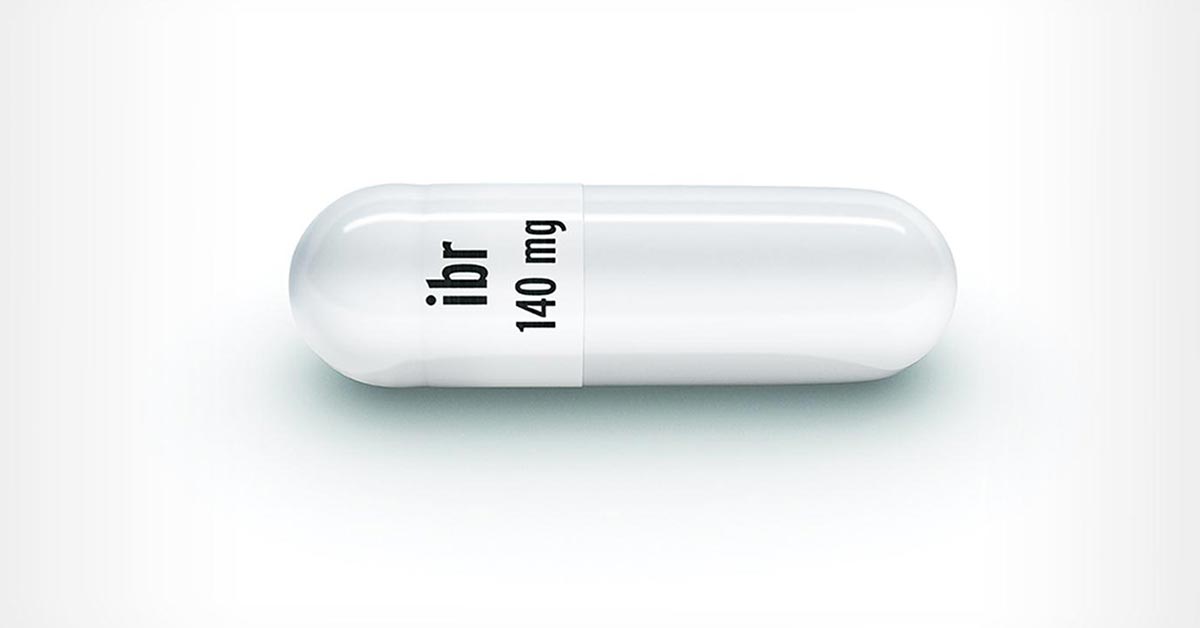A new cancer drug used to treat specific types of leukemia and lymphoma has been shown to decrease reactivity to airborne allergens. It may also prove to be effective at reducing reactivity to food allergens.
Cancer patients with allergies to allergens like ragweed and cat dander who took the drug ibrutinib saw their reactivity decrease 80-90% in a single week and the therapeutic effect persisted with continued use of the drug.
“It almost completely knocked out the patients’ skin test and blood cell allergic reactivity,” said senior author Dr Bruce Bochner, Samuel M. Feinberg Professor of Medicine at Northwestern University Feinberg School of Medicine.
The drug blocks a protein called Bruton’s Tyrosine Kinase (BTK). BTK plays a crucial role in B cell activation, growth and maturation and mast cell and basophil activation, the latter two cells being responsible for immediate allergic reactions. Bochner teamed up with Northwestern oncologist Dr. Leo Gordon and colleagues to test if this BTK inhibitor could shut down an enzyme inside cells that is involved when you have an allergic reaction.
While the study published in the Journal of Allergy and Clinical Immunology was small, the potential applications of the drug may prove much larger in subsequent studies. Bochner and his colleagues are now testing the effectiveness of the drug at targeting allergies to foods, such as tree nuts and peanuts.

“Preventing or lessening the severity of an allergic reaction to a food you’ve ingested that you’re allergic to is kind of the holy grail of food allergy treatment,” Bochner said. “I don’t know if this or similar drugs will ever make it possible for a peanut-allergic person to eat peanut butter and jelly sandwiches, but we’re excited to use this approach to teach us how to lessen the risks of food allergy reactions.”
The study is being expanded to adults with food allergy to see if their skin test and basophil activation test responses show a similar reduction with just a few doses of ibrutinib and how long such benefits might last. If the results are favorable, the next step would be to get funding to test whether taking a BTK inhibitor will improve the ability of food-allergic adults to tolerate foods they are allergic to.






We are all so excited for ANY good news but this was sample size of TWO patients. And has not yet been replicated in any setting that even approaches reliable. And even then, we’d be years away from testing. I feel like it’s almost clickbait to even talk about this.
A cancer drug for patients with certain types of leukaemia and lymphoma can also prevent reactions to some of the most common airborne allergens.